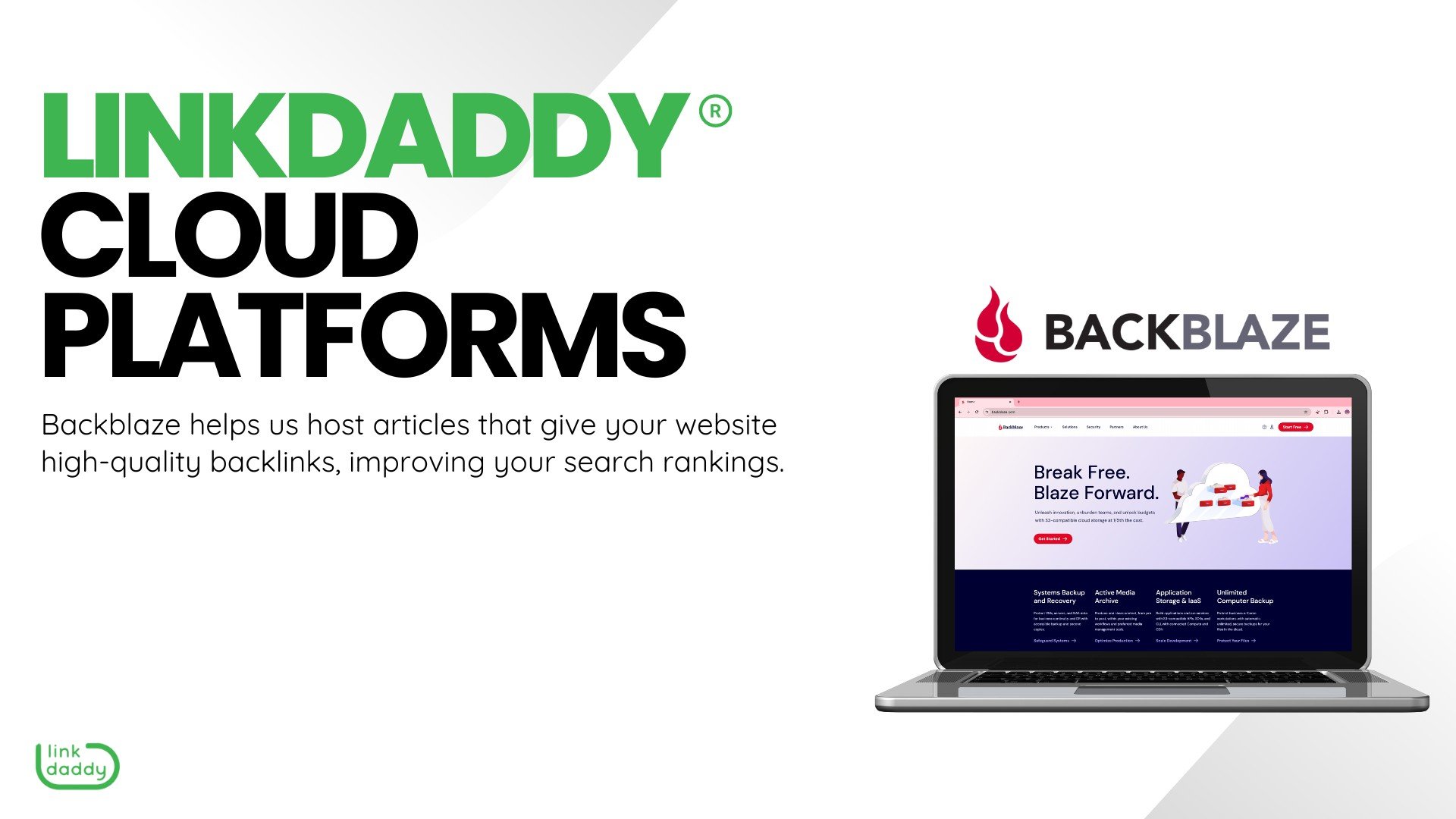Untangling the Mystery Behind Cloud Solutions: What You Required to Know
In today's rapidly progressing technical landscape, the idea of cloud services has become increasingly pervasive, yet remains shrouded in a veil of enigma for lots of. As people and companies proceed to accept the cloud for its adaptability, cost-efficiency, and scalability, understanding its intricacies comes to be extremely important. From the different kinds of cloud release versions to the critical safety considerations that come right into play, browsing the world of cloud solutions can be a complicated task. This expedition aims to drop light on crucial aspects that are necessary for anybody aiming to harness the power of the cloud properly.
Understanding Cloud Services
To grasp the principle of cloud services, one need to comprehend the essential concepts of virtualized computing and remote data storage. Cloud solutions, also called cloud computing, involve the distribution of computing services-- consisting of servers, storage space, databases, networking, software, and analytics-- over the web to use faster advancement, flexible sources, and economic climates of scale. This version allows organizations to access technology sources without the requirement for direct management of the underlying facilities.

Comprehending these foundational elements of virtualized computer and remote data storage space is important for understanding the advantages and capabilities of cloud services in today's digital landscape. - linkdaddy cloud services press release
Kinds of Cloud Release Versions
Cloud deployment models include various methods for deploying and taking care of cloud computing services to satisfy details organization needs effectively. There are largely three types of cloud deployment designs: public cloud, private cloud, and hybrid cloud.
Public Cloud: Public cloud solutions are provided by third-party vendors over the net, making them conveniently obtainable and economical. These solutions are perfect for companies wanting to unload IT operations and upkeep to external carriers.

Hybrid Cloud: Hybrid cloud integrates components of both personal and public clouds, enabling companies to leverage the scalability of the public cloud while keeping control over essential applications and information in a private cloud atmosphere. This model supplies adaptability and customization choices, making it a prominent selection for organizations with vibrant work and varying IT needs.
Benefits of Cloud Services
Enhancing functional effectiveness and promoting advancement, cloud solutions provide a wide variety of benefits for modern organizations seeking to maximize their IT infrastructure. One of the main advantages of cloud solutions is cost-effectiveness.
An additional advantage is boosted adaptability and scalability. Cloud services provide services with the capacity to promptly adapt to transforming market conditions and scale their operations up or down as needed. This agility makes it possible for companies to respond immediately to brand-new opportunities and difficulties, providing an affordable side in today's hectic service environment.
Moreover, cloud solutions use boosted information safety and security and disaster recovery capabilities. In general, leveraging cloud solutions can encourage companies to enhance procedures, drive advancement, and accomplish long-lasting success in the electronic age. linkdaddy cloud services.
Safety Factors To Consider in the Cloud
In the realm of cloud services, prioritizing robust safety steps is crucial for safeguarding delicate information and ensuring operational strength. Identification and access monitoring devices redirected here help control that can gain access to information and resources within the cloud atmosphere, lowering the threat of data breaches.
Furthermore, implementing rigorous network safety measures, such as firewall programs and breach detection systems, can help stop cyber dangers and unauthorized accessibility to shadow framework. Compliance with sector regulations, such as GDPR or HIPAA, is critical for organizations taking care of delicate data to maintain and avoid legal implications trust fund with consumers. By attending to these safety and security factors to consider proactively, services can minimize dangers and confidently utilize the advantages of cloud services while securing their digital possessions.
Selecting the Right Cloud Provider
As companies browse the detailed landscape of security considerations in the cloud, the process of selecting the best cloud service supplier ends up being critical for making sure detailed data security and functional effectiveness. When selecting a cloud service provider, organizations must think about several vital aspects.
Additionally, companies ought to check out the scalability and adaptability of the cloud services provided to guarantee they align with future and present organization needs. Understanding the supplier's rates structure, including any kind of hidden expenses or costs, is also essential for budget administration. Additionally, examining the service provider's track track record, consumer, and record evaluations can use useful insights into their dependability and service quality. By performing complete study and due persistance, companies can choose a cloud provider that not only fulfills their technological a fantastic read requirements but likewise upholds high standards of safety and security and performance.
Conclusion
To conclude, cloud solutions use different benefits such as scalability, expense efficiency, and adaptability. Comprehending the various kinds of cloud implementation versions and considering safety procedures are critical when picking a cloud provider. It is crucial to evaluate the details requirements of a company and carefully review the alternatives available to make certain a successful change to the cloud.
From the different kinds of cloud implementation versions to the crucial safety considerations that come into play, browsing the realm of cloud services can be a challenging job. Cloud solutions, additionally recognized as cloud computer, involve the delivery of computing solutions-- including servers, storage space, databases, networking, software application, and analytics-- over the web to offer faster innovation, adaptable sources, and economic climates of scale. Hybrid Cloud: Hybrid cloud combines elements of both private and public clouds, allowing companies to utilize the scalability of the public cloud while preserving control over essential applications and information in a private cloud setting.As organizations navigate the intricate landscape of protection factors to consider in the cloud, the procedure of picking the appropriate cloud solution provider becomes vital for guaranteeing extensive information defense and functional performance. look at this now Recognizing the various types of cloud implementation models and taking into consideration security steps are important when picking a cloud solution supplier.